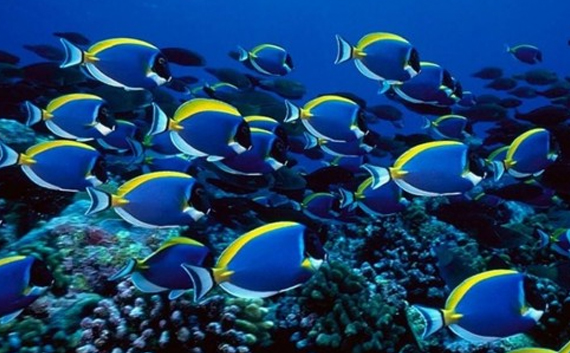Why use the Atlantic Hydrolyzed Fish Collagen (HFC) instead of another collagen?

The quality, testing and source of the Atlantic HFC are the differences. It has a complete Certificate of Analysis showing the tests performed on each Lot. It has a neutral odor, neutral taste and is extracted from skin of deep-sea, wild fish. Why choose a supplement with an unknown quality?
- Moss M., Food Companies are Placing the Onus for Safety on Consumers, NY Times, May 14, 2009 http://www.nytimes.com/2009/05/15/business/15ingredients.html?_r=2&ref=health
- One Third of Osteoarthritis Supplements Fail Quality Tests, Nutraceuticals World, July 10, 2009 http://www.nutraceuticalsworld.com/contents/view/561
Additional reasons that Atlantic HFC is different than other collagens
1. The Canadian manufacturer only manufactures Fish Gelatin and Collagen. There is no contact with bovine or porcine products, so there's no possibility of BSE, cross contamination or religious issues. Other collagen producers manufacture bovine or porcine products on the same equipment as their fish collagen.
2. The water used in production is purified onsite and tested to insure it meets potable (drinking) standards. It always far exceeds the standards.
3. The collagen is certified by the Canadian Food Inspection Agency (CFIA) as food grade and produced entirely in Canada. The CFIA regularly visits and inspects the manufacturer plant.
4. The HFC is manufactured from skins of wild, deep-sea fish and not scales from aquaculture fish grown overseas by farmers. There is no possibility of forbidden chemicals or antibioticsa being present that may have been used by fish farmers.
5. The fish skins are from food fish processing plants in North America and Europe.
6. No hydrogen peroxide or sulfites are used in the production of the HFC, yet it has light color and very low microbial counts. Hydrogen peroxide is used by some manufacturers as a temporary preservative during manufacturing while sulfites are used to produce a lighter color. Japan does not allow the use of hydrogen peroxide in food manufacturing, and in many countries, sulfites are considered an allergen. The manufacturer does not use these chemicals and obtains their low bacteria counts and light collagen color from good manufacturing practices.
7. The HFC is thoroughly tested with the test results provided on the COA. This testing meets the US Pharmacopeia (USP), the European Pharmacopeia (EP) and the Japanese Pharmacopeia (JP) standards for gelatin.
8. US consumer laws require that products made with fish are labeled for fish allergen sensitive consumers. Each batch of HFC is tested by an independent, accredited laboratory using an Enzyme Linked Immunosorbent Assay (ELISA)b to measure the amount of allergen in the collagen. The allergen in fish is parvalbumin and is a water soluble protein that is substantially removed during the washing process prior to extracting the HFC. Results of each assay are displayed on the COA. For a comparison, many people are familiar with how serious peanut protein exposure is for peanut allergic consumers. The commercial ELISAs used to measure peanut protein have a sensitivity of 1 – 2.5 ppm. The ELISA we use to measure the fish allergen has a sensitivity of 0.02 ppm which is 50 times more sensitive. We believe the HFC is safe for all consumers. Even so, consumers allergic to fish should consult with their doctors prior to ingesting the Hydrolyzed Fish Collagen.
9. The HFC is pure HFC. All are natural. It contains no preservatives, additives or antibiotics.
10. Links to other articles of interest are listed below.
- Barrionuevo A., Chile's Antibiotics Use on Salmon Farms Dwarfs That of a Top Rival's, NY Times, July 26, 2009 www.nytimes.com/2009/07/27/world/americas/27salmon.html?_r=1
- Bremer M, Selecting a Suitable Food Allergen Detection Method, Food Safety Magazine, June/July 2009, 16-19, 53 http//www.foodsafetymag-digital.com/foodsafetymag/20090607/?folio=16

